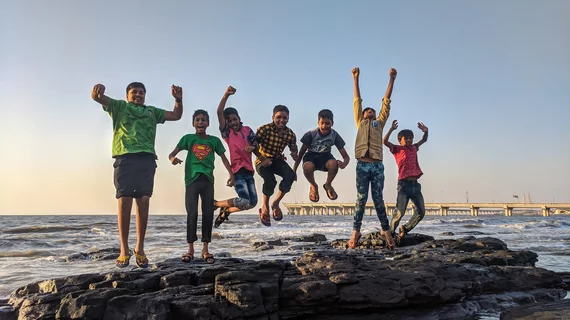Moderna vaccine safe in youth 12-17
Moderna’s COVID-19 vaccine is effective in young people between 12 and 17, according to results from phase two of three of the biopharmaceutical company’s study.
Of the study participants who received two doses of the Moderna vaccine, no cases of COVID were observed. Vaccine efficacy was 93% after 14 days following the first dose, according to the study. The study, called the TeenCOVE study, included 3,700 participants between the ages of 12 and 18.
The results come as 61.6% of U.S. adults have received at least one COVID vaccination. Additionally, the number of new cases in the U.S. dropped to a new low in more than a year for the week ending May 23. Moderna plans to submit the results to global regulators in June. Additionally, Moderna will submit the results of its TeenCOVE study to a peer-reviewed journal.
“We are encouraged that mRNA-1273 was highly effective at preventing COVID-19 in adolescents. It is particularly exciting to see that the Moderna COVID-19 vaccine can prevent SARS-CoV-2 infection,” Stéphane Bancel, CEO of Moderna, said in a statement. “We will submit these results to the U.S. FDA and regulators globally in early June and request authorization. We remain committed to doing our part to help end the COVID-19 pandemic.”
The vaccine has not been considered as urgent for children and teenagers, as the incidence rate of COVID-19 has been lower among this group. Participants in the study were most likely to cite pain at the injection site as a side effect, while headache, fatigue, myalgia and chills were also reported. All the participants will be monitored for 12 months after their second injection to assess long-term protection and safety.

